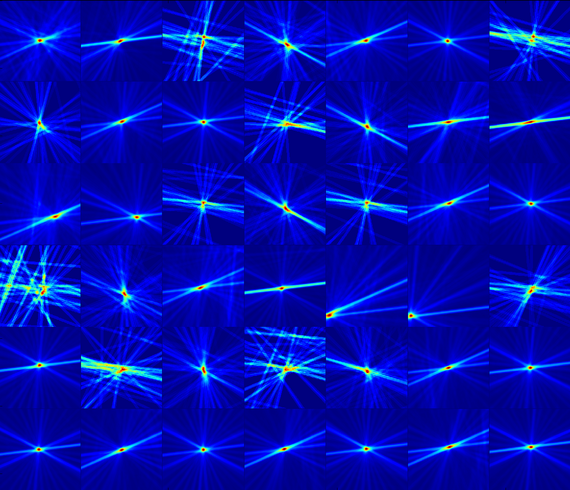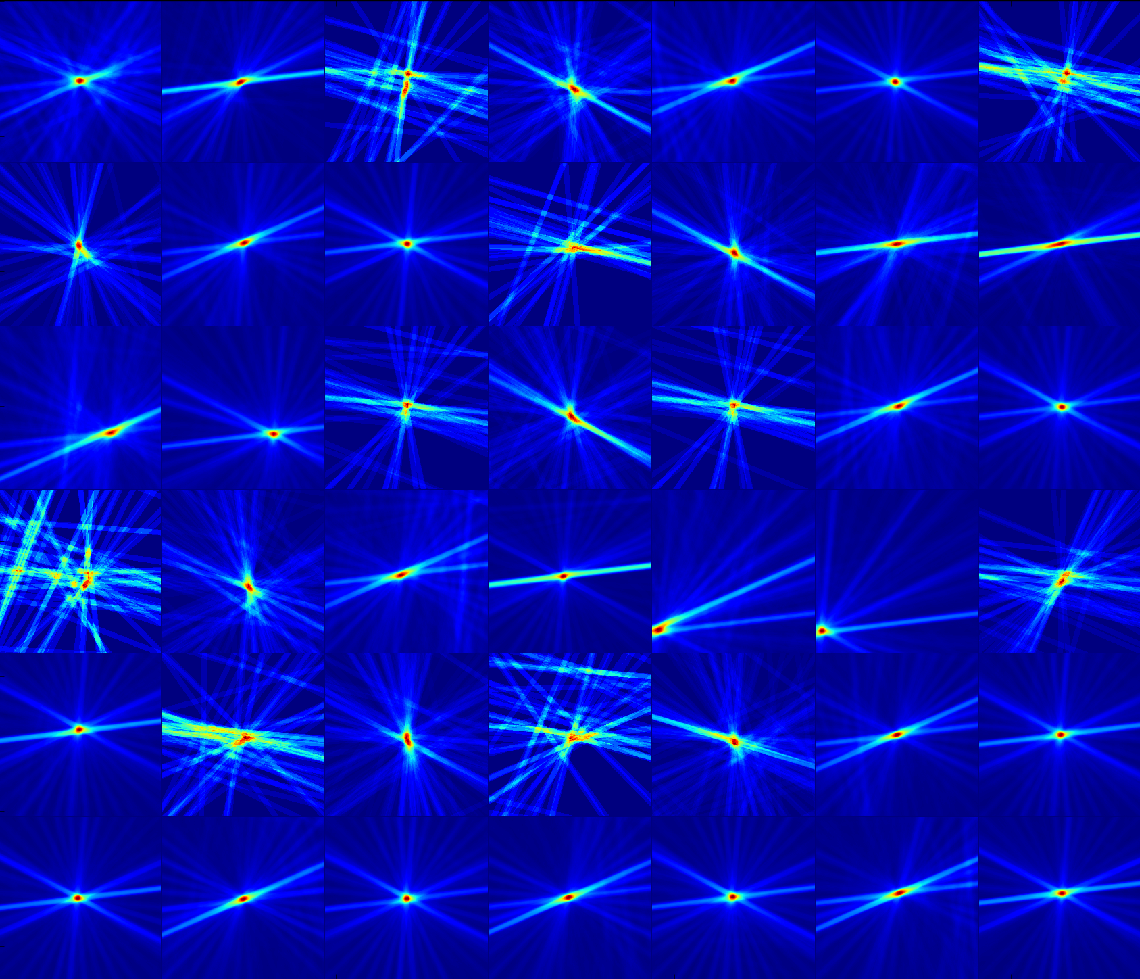Jeldrik Axmann, M. Sc.
Main Supervisor: C. Brenner; Co-Supervisor: S. Schön
For mobile systems, robust localization and mapping is of great importance. Often, parametric distributions are used for the representation of uncertainties, both for the pose of the mobile systems and for the map of the environment. Although they can be computed efficiently, they are unable to model deviations from the chosen distribution function. A common source of such deviations are wrong associations in the context of localization and mapping problems, due to erroneous measurements, wrong assumptions about the ego position, or changing environments. If these are not detected as outliers, they will result in an erroneous estimate of the system state that is often difficult to detect.
Recently, maximum consensus techniques have been discussed for state estimation. They are very robust against outliers, but usually lead to a high computational effort. For systems with high integrity requirements, however, they can be an interesting solution, not only because of their robustness, but also because they allow the identification of erroneous information sources.
In this dissertation project, the applicability of such techniques for problems of filtering, smoothing and adjustment shall be considered, in particular with regard to the localization of mobile sensors using maps of the environment. To model the dependencies, probabilistic graphical models are a suitable tool, and for inference, message passing approaches may be used. As a computational model, the parallel computation, for example on massively parallel clusters or on GPUs, can be considered. The use of machine learning methods, in particular deep learning, can also be investigated, for example, to derive quality measures for consensus situations.



Appelstraße 9A
30167 Hannover
Appelstraße 9A
30167 Hannover





